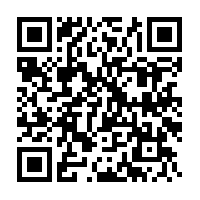Oftentimes, the question “Are you getting it?” is purely rhetorical. And yet, if you hear a “Nope” for an answer then something must have gone wrong. It’s usually either of the two options: your explanation is rather vague or your audience is rather dumb. To rule out the former it’s a good idea to brush up on your explanation skills.
Check out: Battle-Tested Tips for Effective Explanations
Listen
Glossary
- prerequisite – something that you officially must have or do before you can have or do something else
- hone – to make (something, such as a skill) better or more effective
- stymie – to stop (someone) from doing something or to stop (something) from happening
- trump – to do better than (someone or something) in a contest, competition, etc.
- bells and whistles – parts and features that are useful or appealing but not essential or necessary
- sparing – not using or giving a lot of something
- compelling – very interesting : able to capture and hold your attention
- condescend – to show that you believe you are more intelligent or better than other people
Think about it
Are the statements below true or false?
- Specialist vocabulary always impresses the audience and builds a powerful professional image.
- Detailed explanations can be confusing.
- Carefully crafted narratives told by professional storytellers are about a person in pain who finds a solution.
- Grasping the “why” empowers you to experiment with the newly gained knowledge.
- It’s advisable to offer thorough explanations to those slow on the uptake.
Practice makes perfect
Fill in the blank spaces with the missing words.
We rely ________ explanations so often that we rarely consider how to make them better. Our explanations just… happen. Unfortunately, these organic explanations can fail, especially when we’re explaining ________ complex idea. Often the problem is ________ Chip and Dan Heath, in their book Made to Stick, call “The Curse of Knowledge.” We ourselves know so much about our product or service ________ we can’t imagine what it’s ________ not to know. The curse causes us ________ make inaccurate assumptions about our audience’s level of understanding. The terminology and references that sound right to us come ________ as confusing jargon to others, and our explanations fail.
Explore it more
(640)
Podcast: Play in new window | Download





